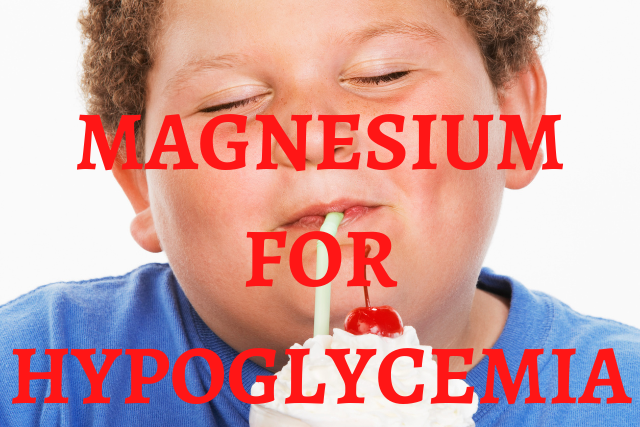
Taking magnesium for hypoglycemia can be a great way to escape the vicious route when people crave carbohydrates or have mood swings, headaches, or problems with insulin.Hypoglycemia happens when blood sugar is low. Adrenaline helps to bring this nutrient back because the brain needs it constantly as fuel.
I experienced this feeling as a teenager when I felt that I was going to faint if I will not eat. I ate half of the strawberry jam litter right away. It was a strange feeling and, at the same time, relief after sweet consumption.
Now I understand why people can faint right away when they skip meals or do not have enough nutrients to protect them from sugar lowering in the blood.
Why does hypoglycemia happen?
Hypoglycemia happens when people eat food high in carbohydrates. These materials absorb very quickly into the blood. The level of sugar rises.
Here the insulin comes to the aid, enters the bloodstream, and ushers the excess glucose into the body’s cells. Of course, these rollercoasters of sugar in the blood cause the release of insulin and drop of sugar in the blood.
All these things do not benefit the body. Why? Adrenal glands release adrenaline. When it happens constantly, they become tired and the body feels this change too.
Magnesium for hypoglycemia
Magnesium participates in balancing blood sugar. Besides, the release of adrenaline when sugar in the bloodstream is low can cause panic attacks, depression, or anxiety.
Our brain does not feel good when it does not get fuel, in this case glucose and is deficient in magnesium.
When the sugar level is low in the bloodstream and the brain does not get enough fuel, it becomes vulnerable to excitotoxins.
What are excitotoxins?
Excitotoxins are artificial food additives used in the food industry to enhance the taste and sometimes to create dependency on a particular type of food.
For example, aspartame is an amino acid that reacts with specialized receptors in the brain. It causes the destruction of particular types of neurons. Additionally, a dangerous sweetener that causes headaches and migraines. People who are deficient in magnesium can experience elevated headaches.
This food additive, like others in high concentrations, stimulates brain cells and can cause excitotoxicity-the cell death.
According to Dr.Carolyn Dean
Magnesium helps prevent the chain of events that causes cell death due to low blood sugar and exposure to other toxins besides excitotoxins. It helps defend our cells against potential environmental neurotoxins such as pesticides, herbicides, solvents, and cleaning products.
Do you see how essential magnesium is?
Magnesium relaxes and relieves tension in the brain when it lacks glucose as fuel. Magnesium helps calm the body during the adrenaline rush, when it releases glucose into the blood.
Magnesium prevents the brain from excitotoxins that can harm during episodes of blood sugar or hypoglycemia.
Magnesium for hypoglycemia helps greatly because of the mineral’s ability to relax the body during the adrenaline rush when blood sugar is low. Additionally, magnesium acts as a neuroprotectant preventing cells from excitotoxins.
Leave a Reply